America isn’t known for having a healthy diet; in fact, it’s known for the opposite. It has a reputation for selling harmful foods and many of these are banned in other countries. Here are 18 American foods that are banned around the world.
Mountain Dew
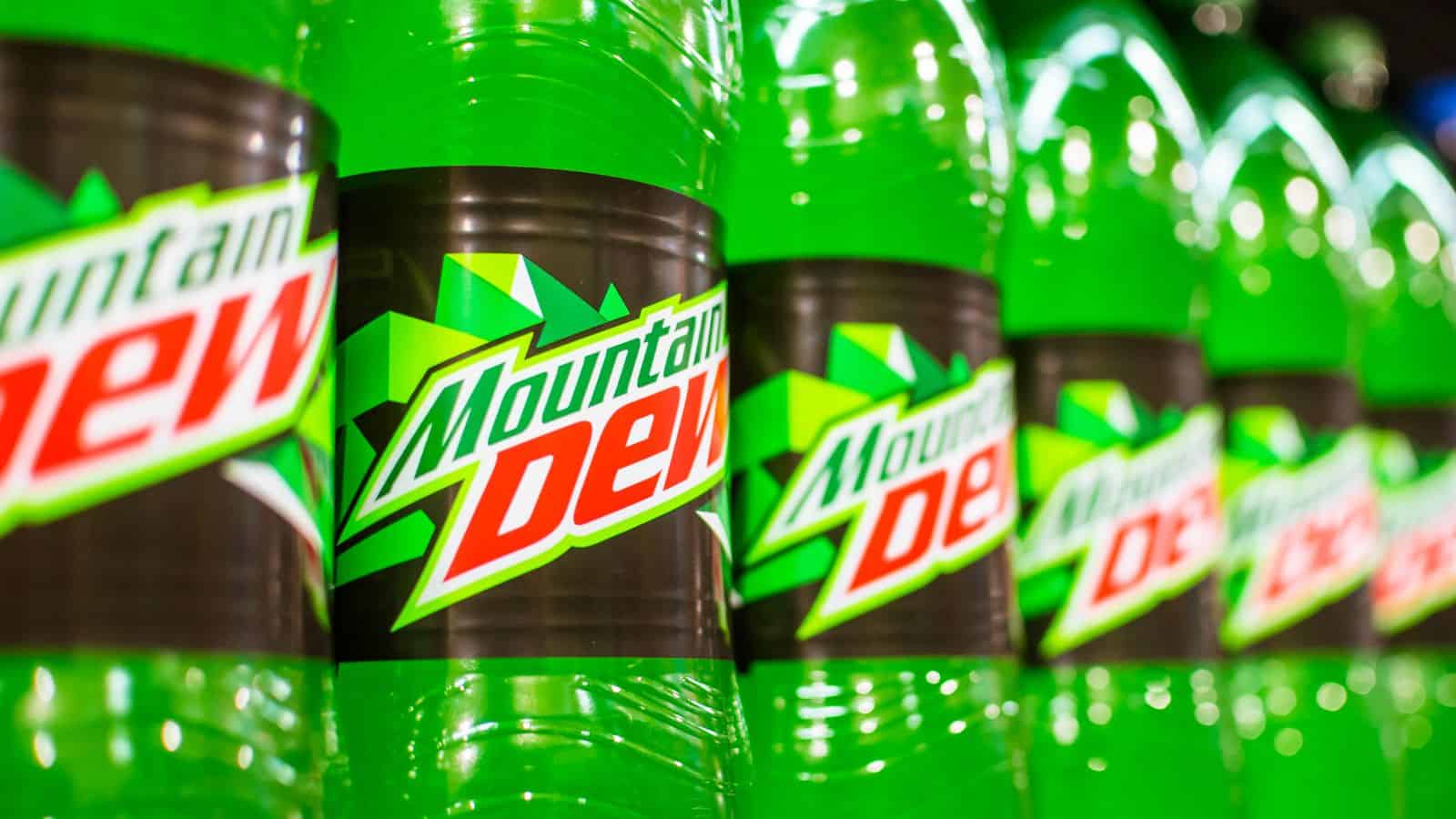
According to ActiveBeat, Mountain Dew has been banned in Japan, India, and EU countries because it contains brominated vegetable oil (BVO). It can irritate the skin and cause long-term issues such as headaches, impaired balance, and memory loss. It’s a popular drink in the U.S., even though it can affect a person’s health.
Kraft Macaroni & Cheese
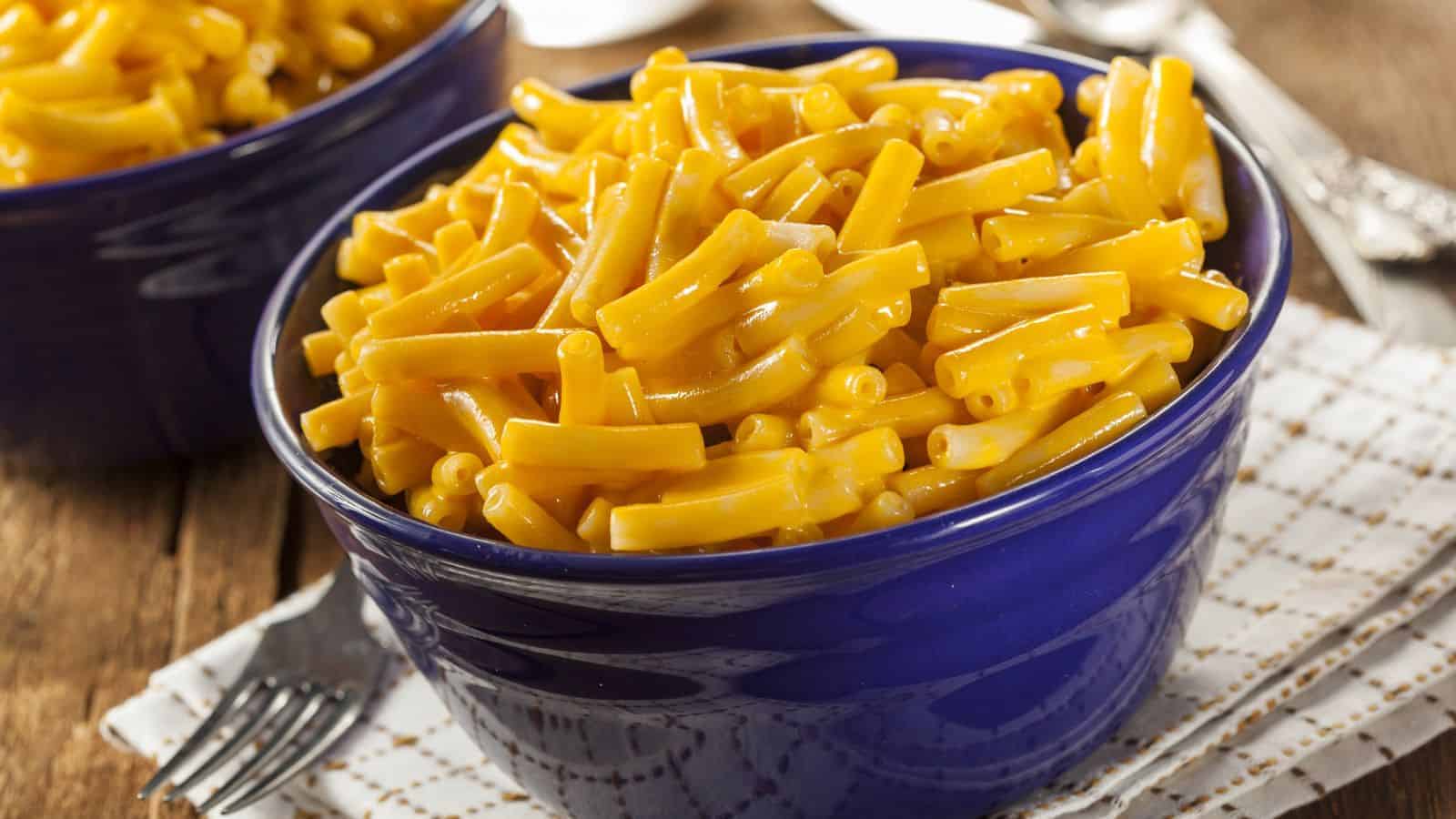
This brand of mac and cheese has been banned in Australia, Finland, and Norway. This is due to the artificial colors in it, such as Yellow 5 and Yellow 6, which have been linked to hyperactivity in children. Most European countries create their own version of this popular product without the dyes.
American Corn
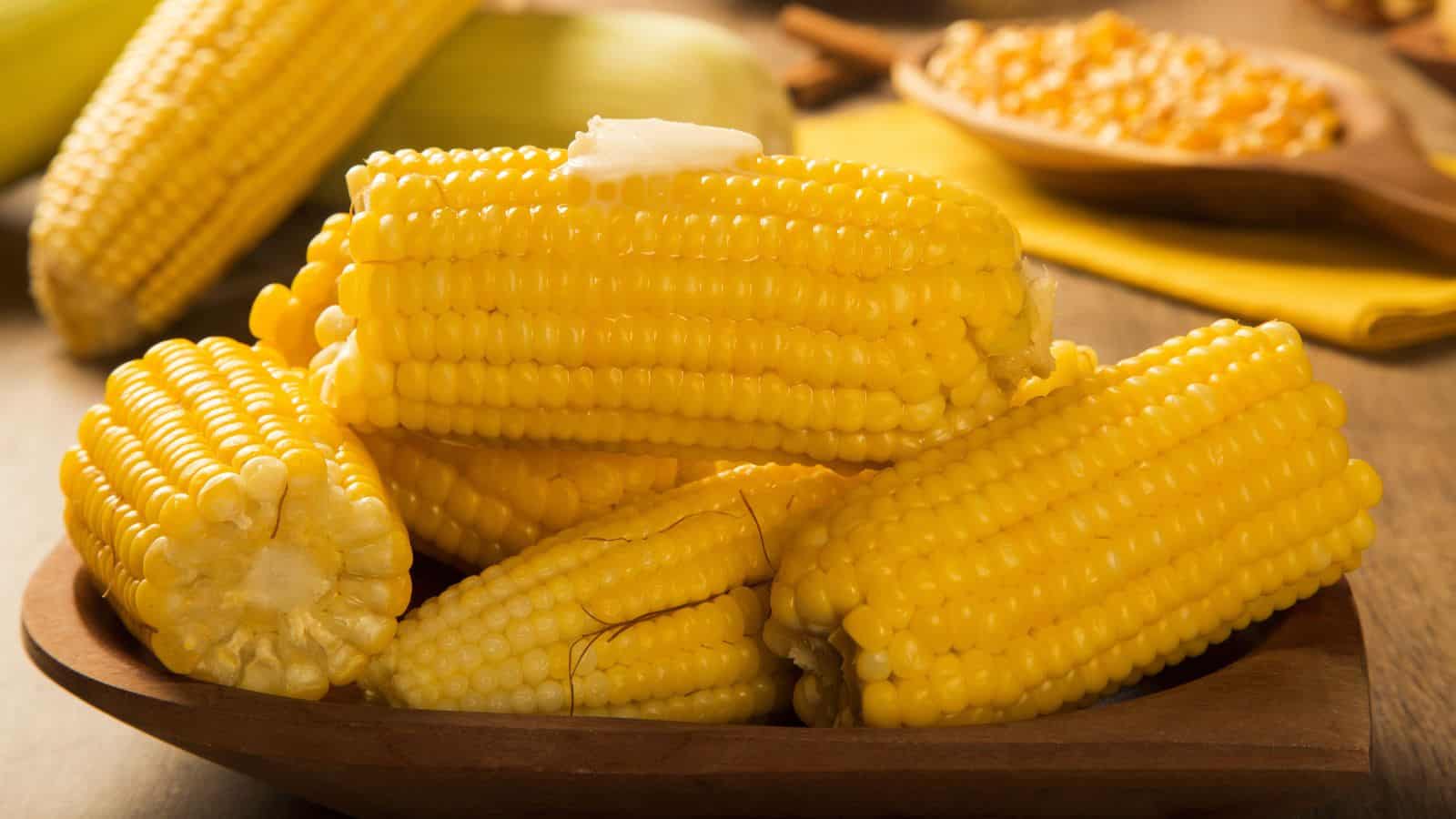
Several nations, including the EU, have banned American corn because it’s been genetically modified to resist certain pests and diseases. These countries have concerns over how safe it is to eat and the environmental impact it can have. It’s even been linked with diseases and the growth of tumors.
American Milk

American milk has been banned in the EU, Japan, Canada, Australia, and New Zealand. This is because it contains recombinant bovine growth hormone (rBST), which is an artificial hormone that has been linked to different cancers. There are also animal welfare concerns associated with American milk.
Chlorpyrifos in Food
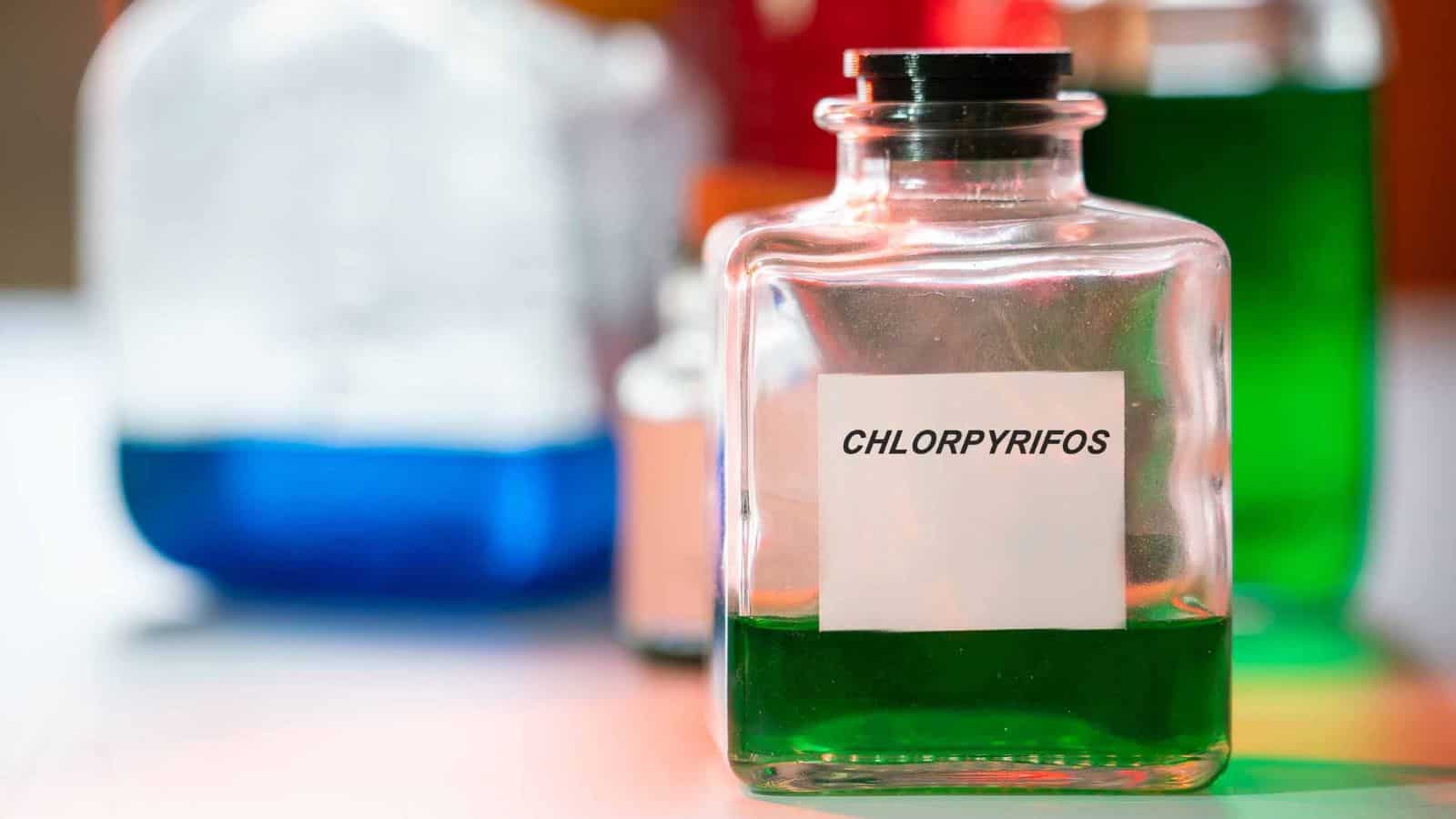
Chlorpyrifos is known as one of the most dangerous pesticides, which is why it’s been banned in Denmark, Finland, Germany, Ireland, and Latvia. It’s a pesticide that can affect a child’s brain development, therefore leading to its widespread ban across many European countries.
U.S. Pork
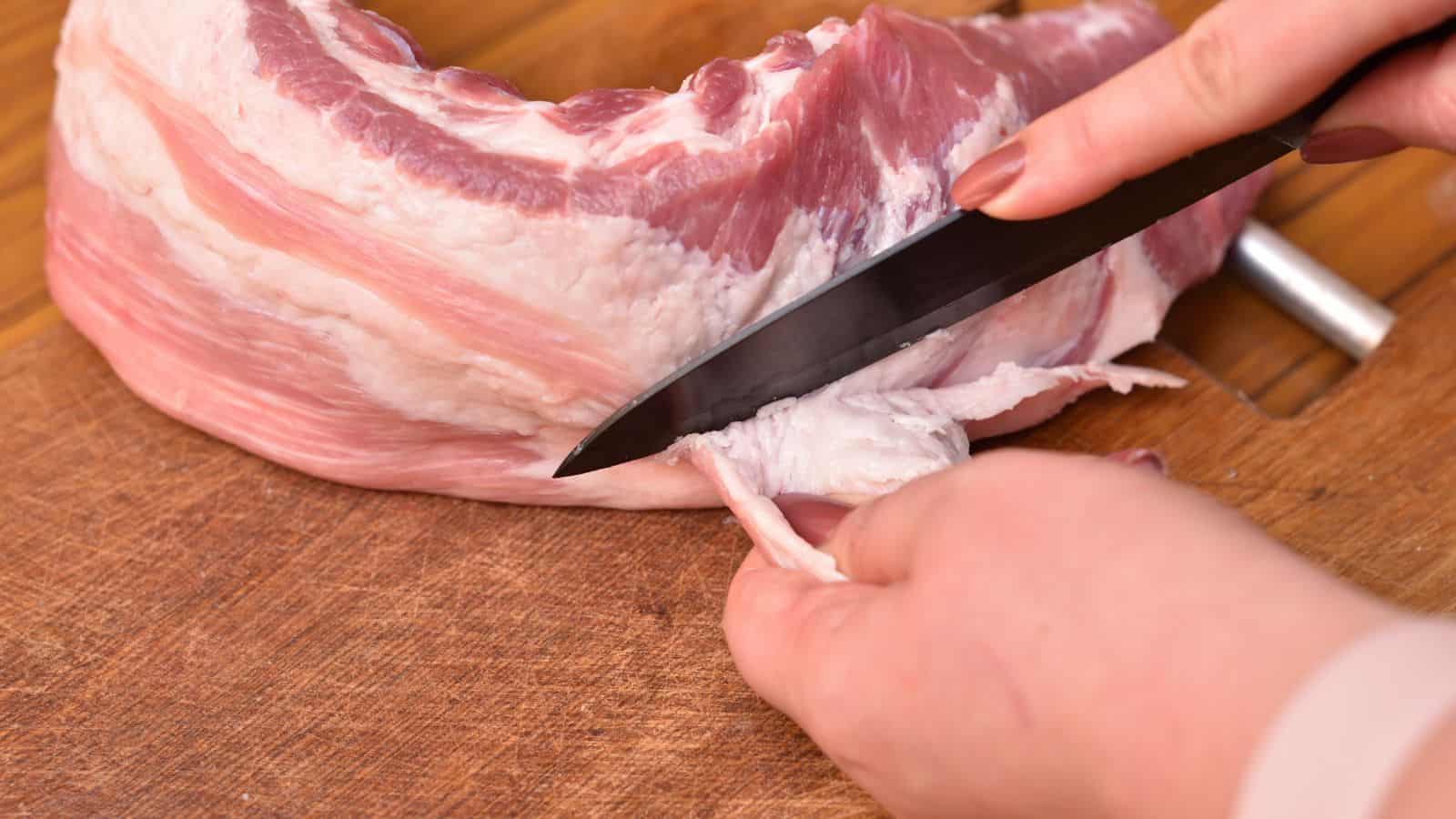
American pork is usually much larger in its cuts compared to other countries. This is because it has ractopamine in it, which is a growth hormone. It’s been banned in many countries due to its health concerns. This is supported by X Talks, which writes, “Certain studies have found a correlation between this growth hormone and an increase in heart rate.”
Froot Loops
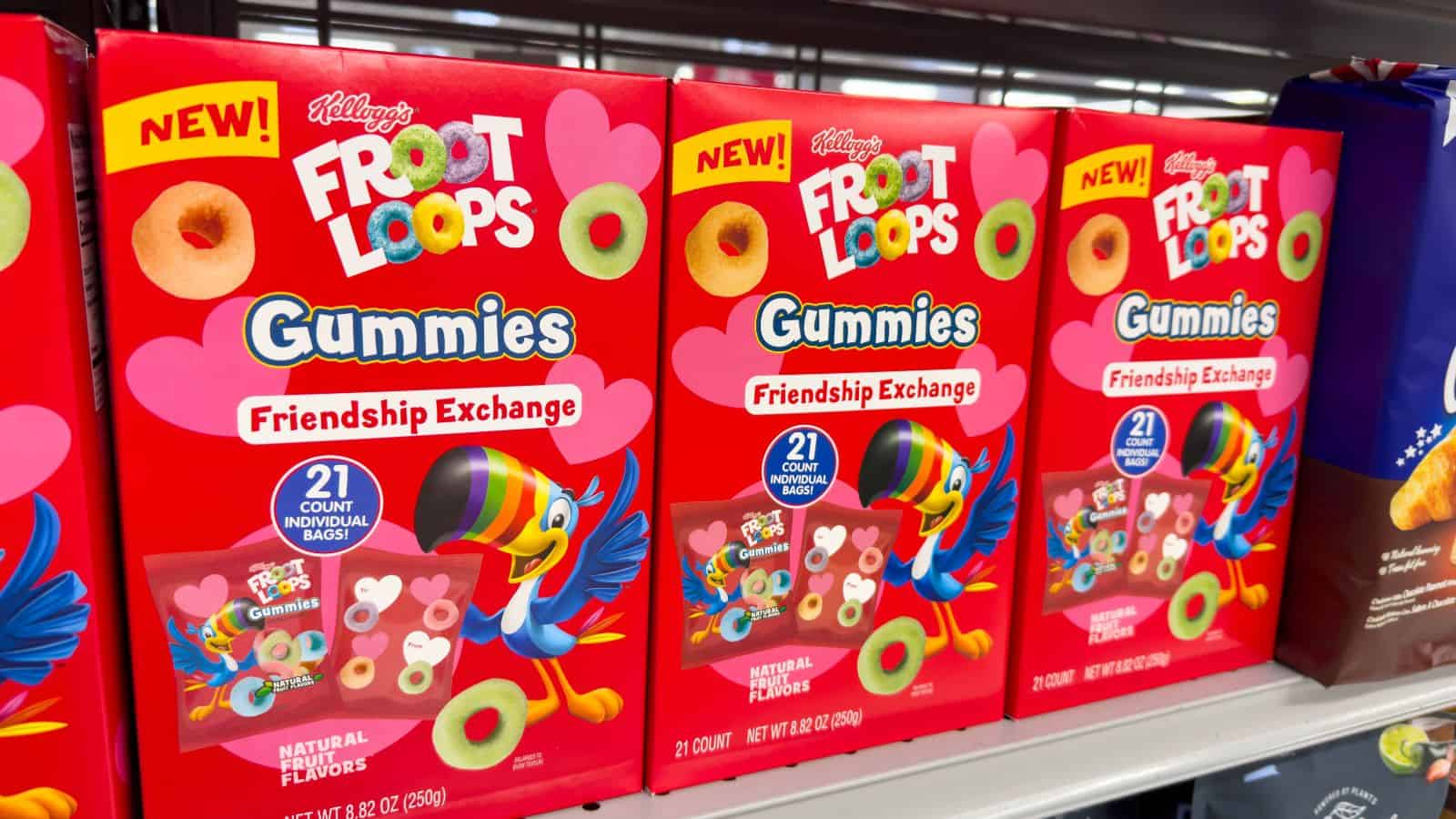
Froot Loops have been banned in many European countries, such as France, Austria, Norway, and Finland. They contain artificial dyes such as Yellow 5 and Red 40. Safer dyes are used in Europe to give cereals similar colors while still making them a healthier alternative for children.
American Apples
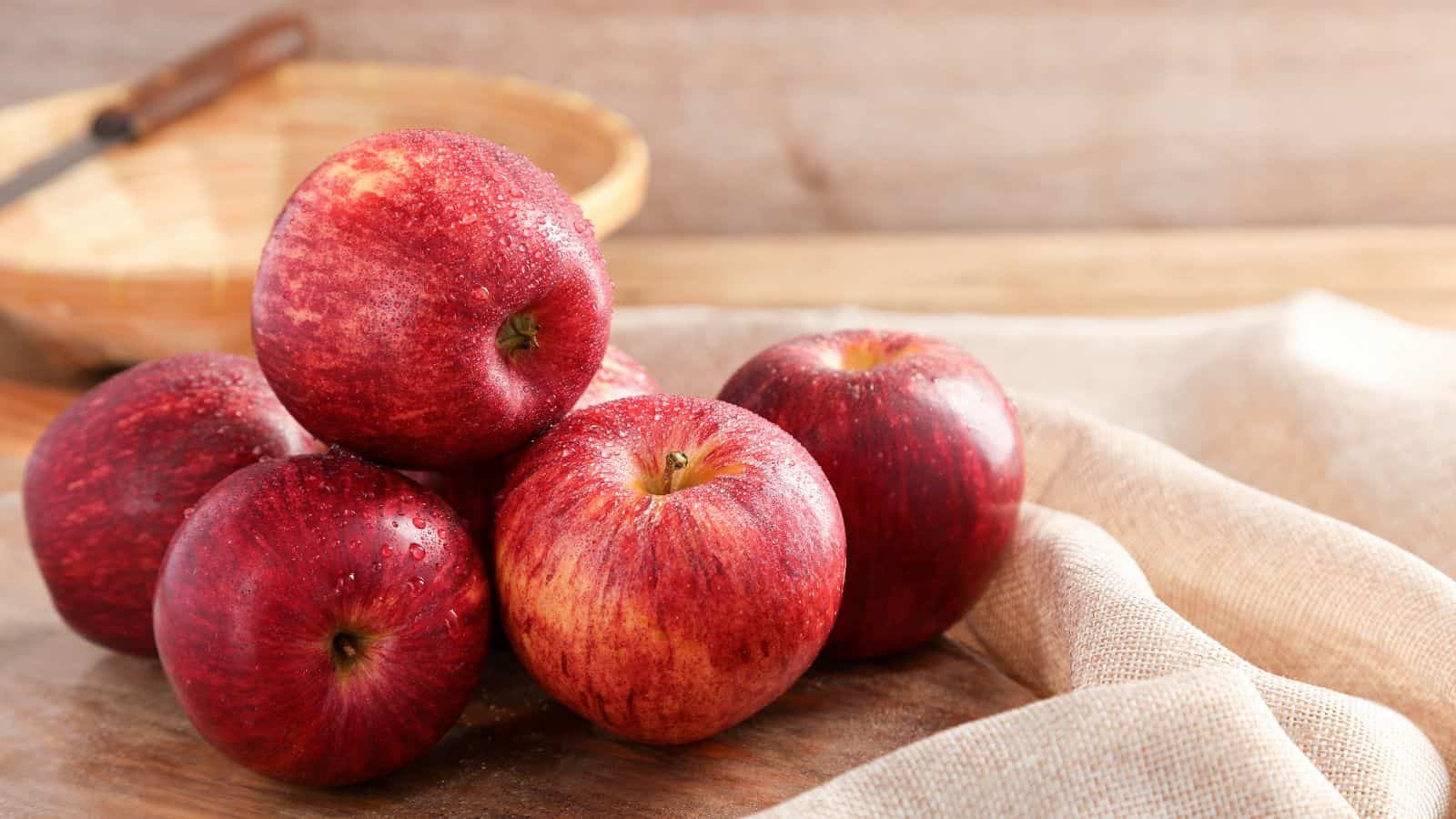
As American apples are often treated with diphenylamine, they’ve been banned in European countries, including the EU. There have been many concerns that this chemical is carcinogenic, but America still likes to use it, as it prevents their apples from turning brown.
Butylated Hydroxyanisole (BHA)
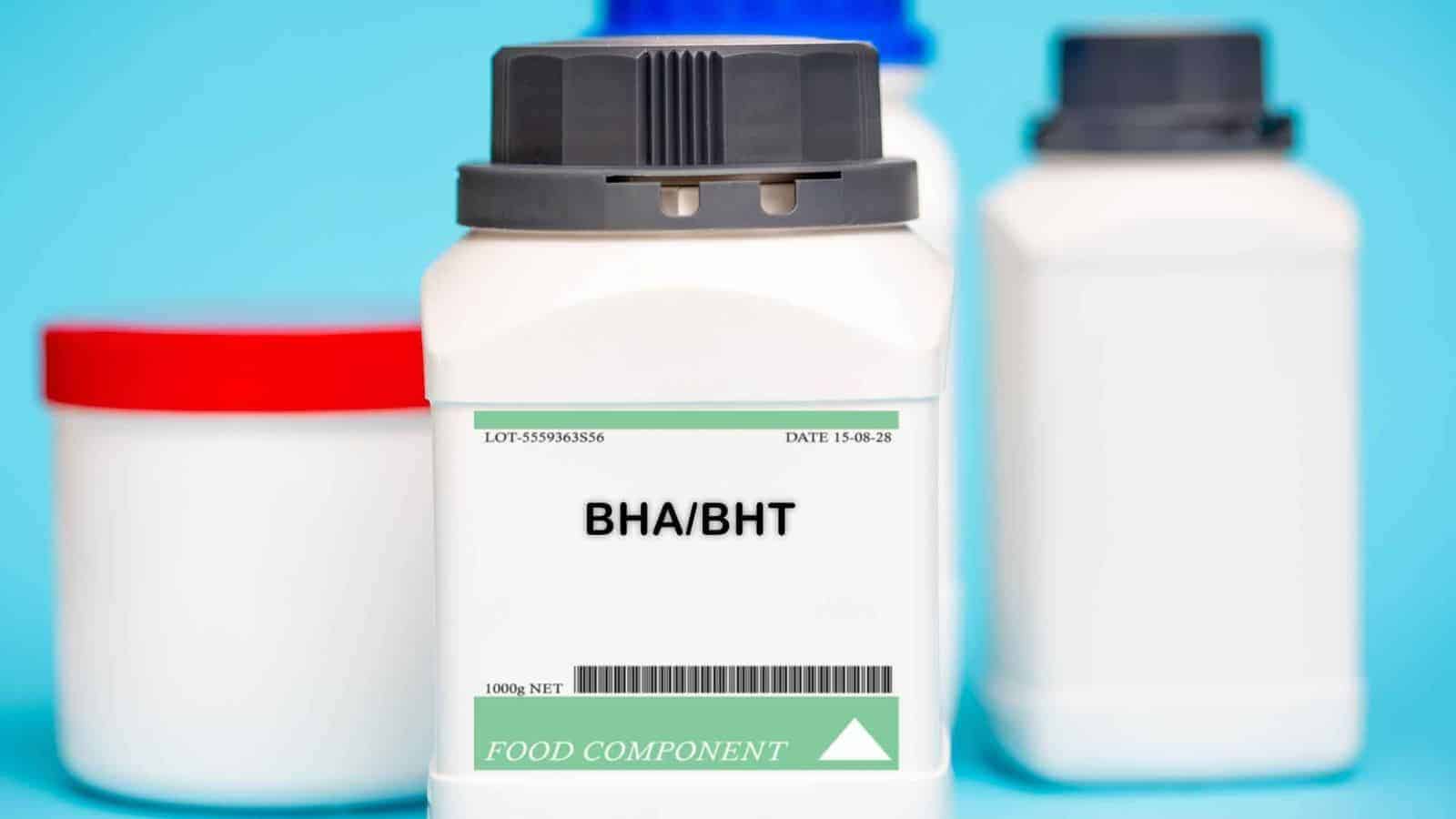
This chemical is used as a preservative for many snacks and cereals in the U.S., but it’s been banned in countries such as Australia, Canada, New Zealand, Japan, and European Union countries. This is because of its carcinogenic effects, which were discovered through animal studies.
American Bread

American bread contains potassium bromate and azodicarbonamide, which are banned in the EU and Canada. This chemical is used to help the bread rise and improve its texture. It’s thought that potassium bromate could also be carcinogenic after long-term exposure and azodicarbonamide is also used in products such as yoga mats.
Twinkies
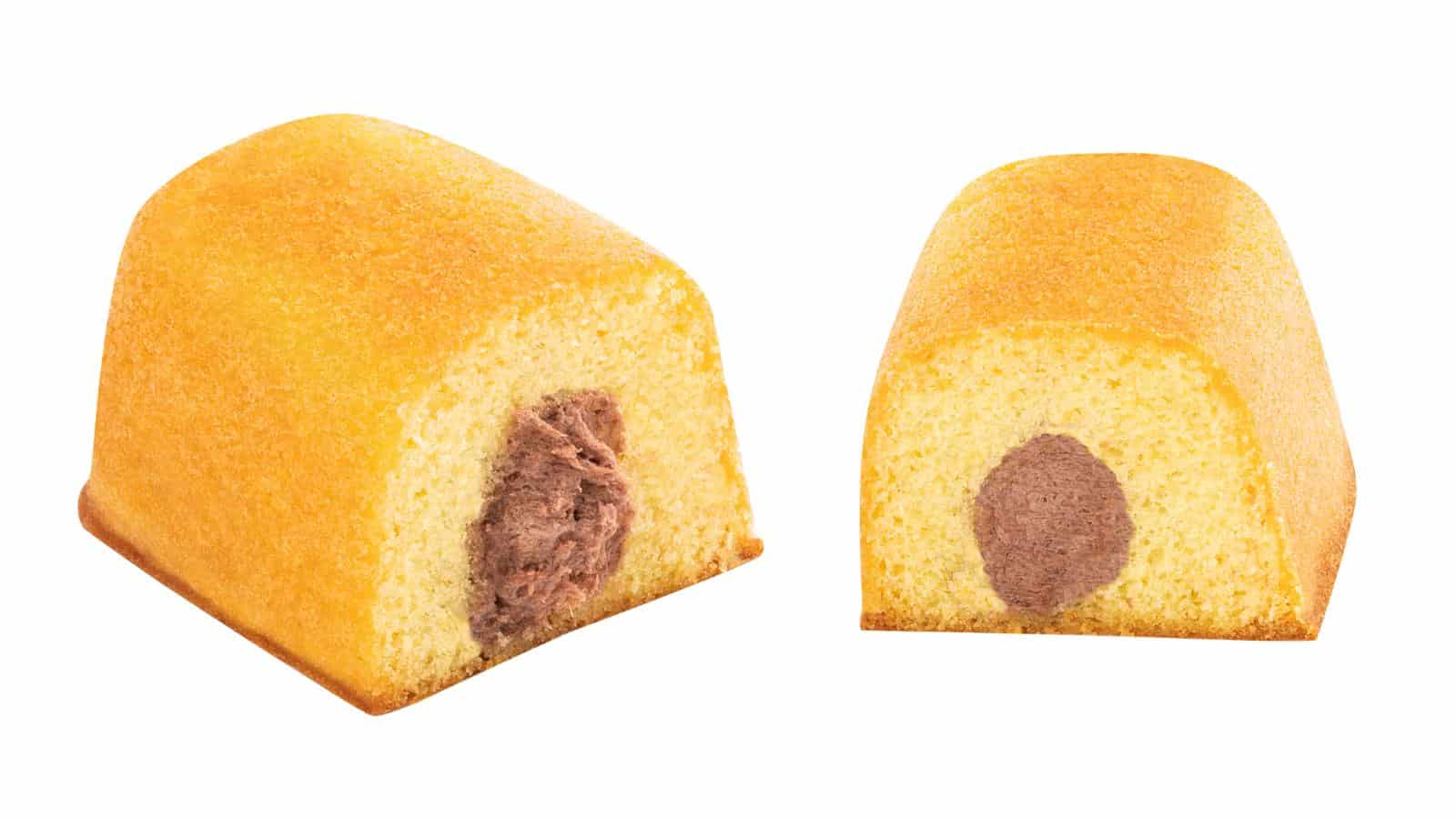
Twinkies contain Yellow 5 dye, which is banned in Norway, Austria, and many other European countries. Yellow 5 dye has been linked to increased hyperactivity and other behavioral changes such as irritability, depression, and difficulty sleeping. In European countries where Twinkies are allowed, there’s a warning label on them.
Arby’s Bread
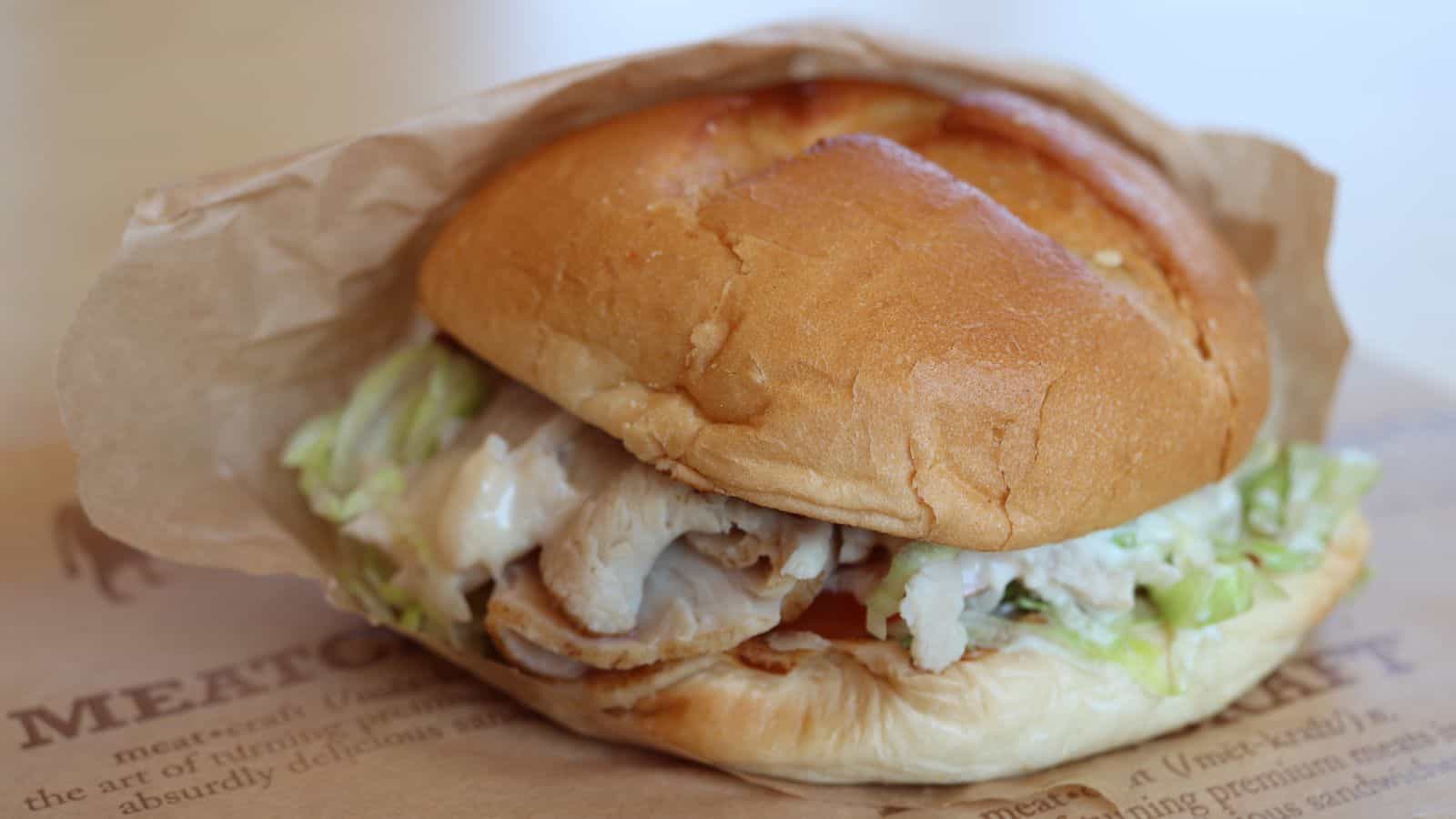
Stacker writes that Arby’s bread uses azodicarbonamide, which is a known carcinogen. While its use is decreasing in the U.S., it’s been completely banned in Europe. This chemical is used as a bleaching ingredient and helps to improve the texture of the dough. It’s also been linked to respiratory issues.
Chlorine-Washed Chicken

In 1997, washing chicken meat in chlorine was banned in the EU due to safety concerns, as per the BBC. However, it’s still commonly used in the United States as it reduces bacterial contamination. The EU ban meant that all chicken meat from the U.S. had to be stopped.
Olestra in Snacks
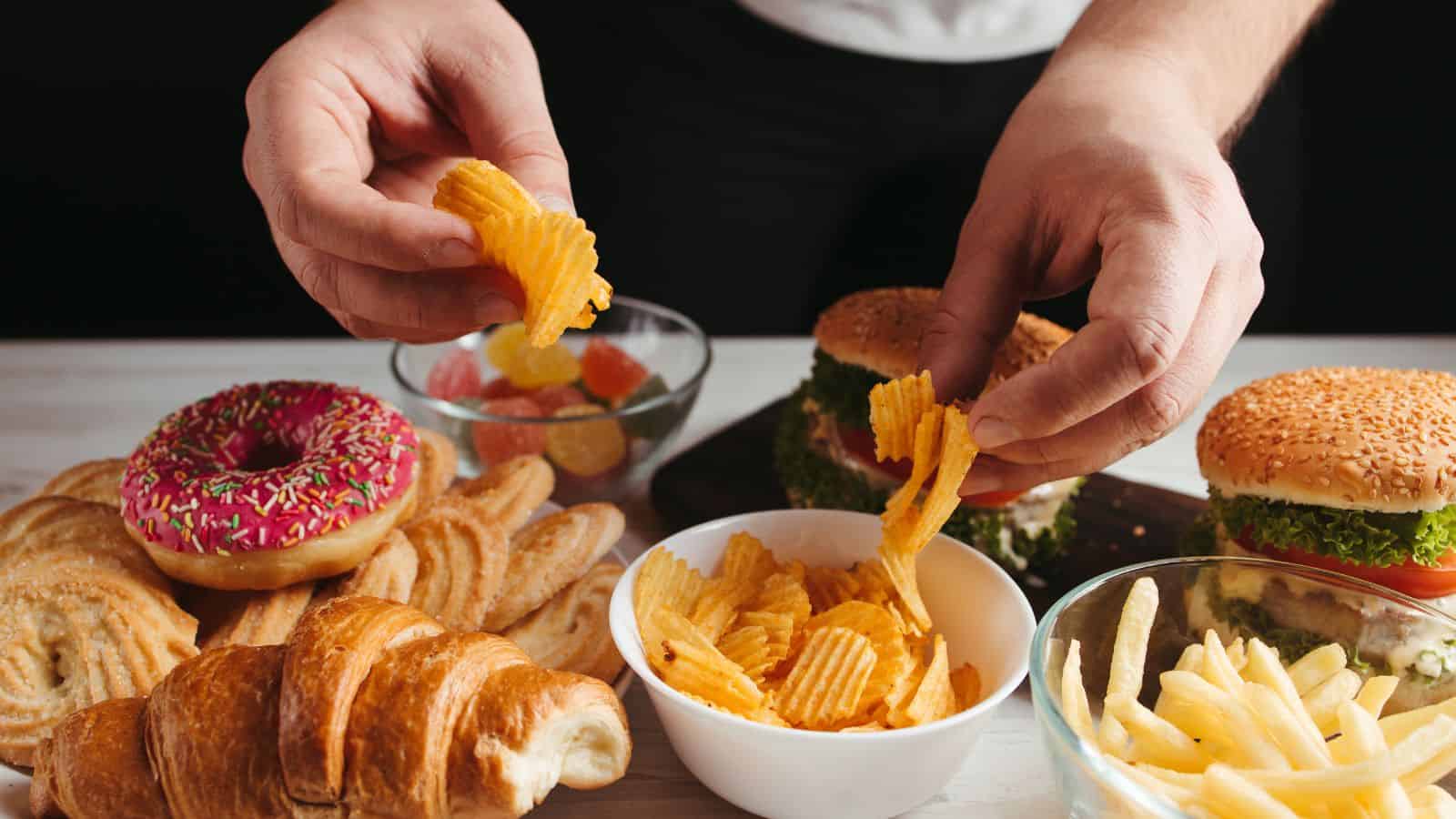
Olestra has been banned in the U.K. and Canada, as it stops the body from absorbing essential vitamins and causes gastrointestinal issues. The U.S. uses it as a fat substitute in certain snack products, such as chips, even though it causes problems with digestion and absorption.
American Cheese
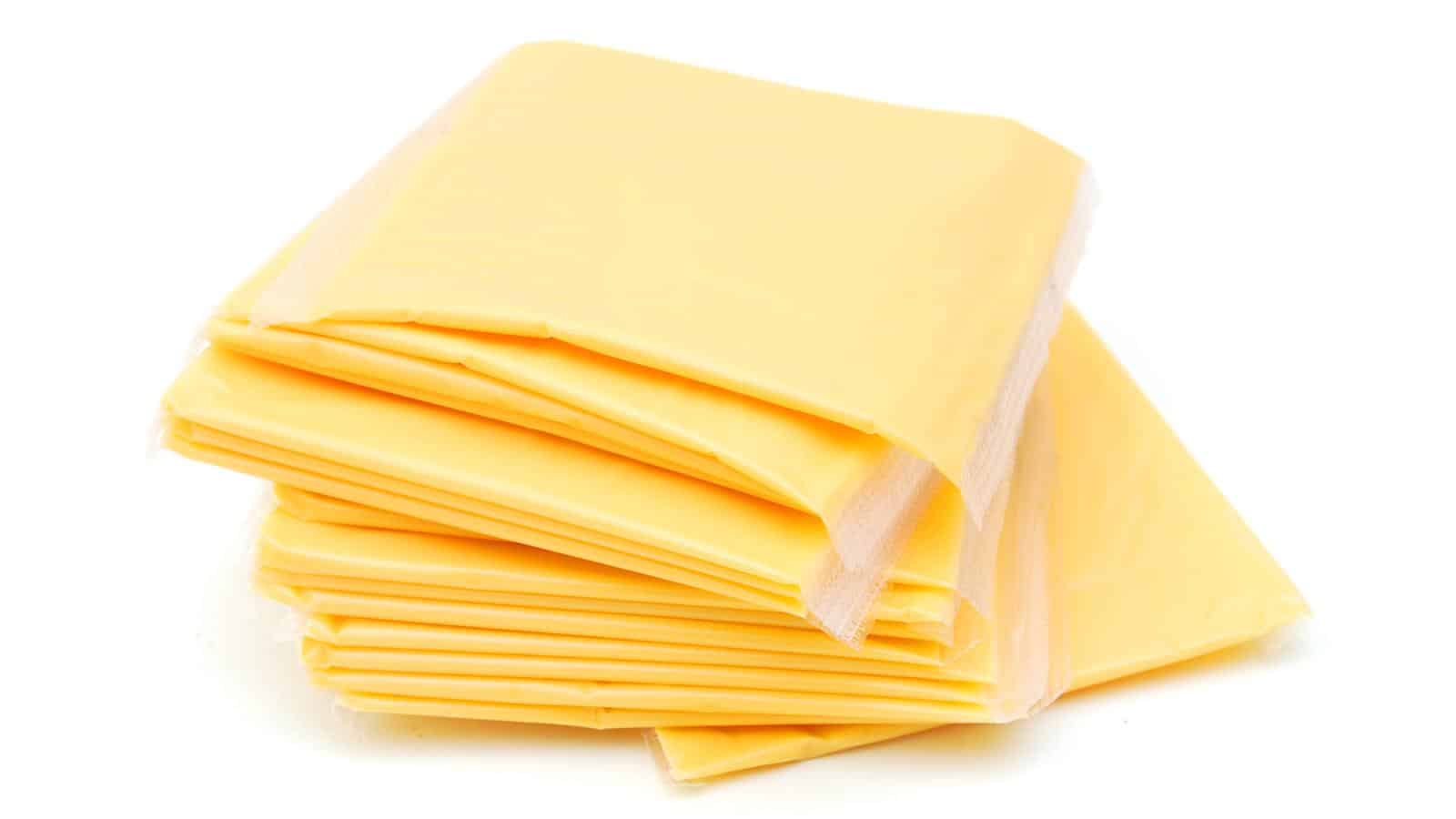
American cheese is currently banned in 30 different countries as it contains rBST and other additives such as phosphates and artificial colors. These ingredients can create many health concerns, including the risk of certain cancers. It’s also been linked to dietary issues because it’s hard to digest.
Genetically Engineered Papaya
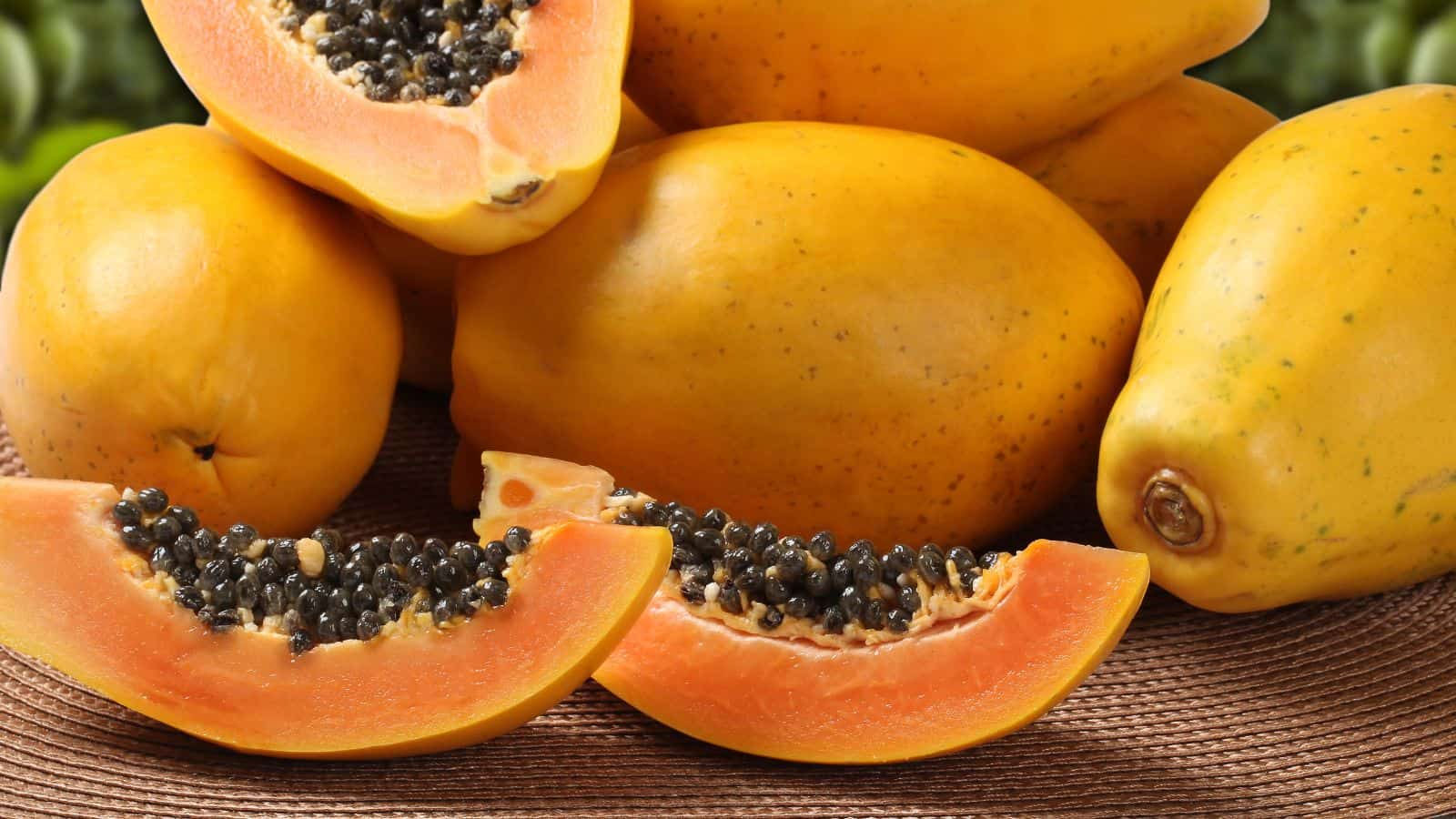
Genetically engineered papaya is banned in EU countries, along with any other genetically modified organisms (GMOs). American papaya has often been modified so that it can avoid viruses such as ringspot. There are also environmental concerns that come with the use of GMOs.
American Pre-Packaged Ground Beef
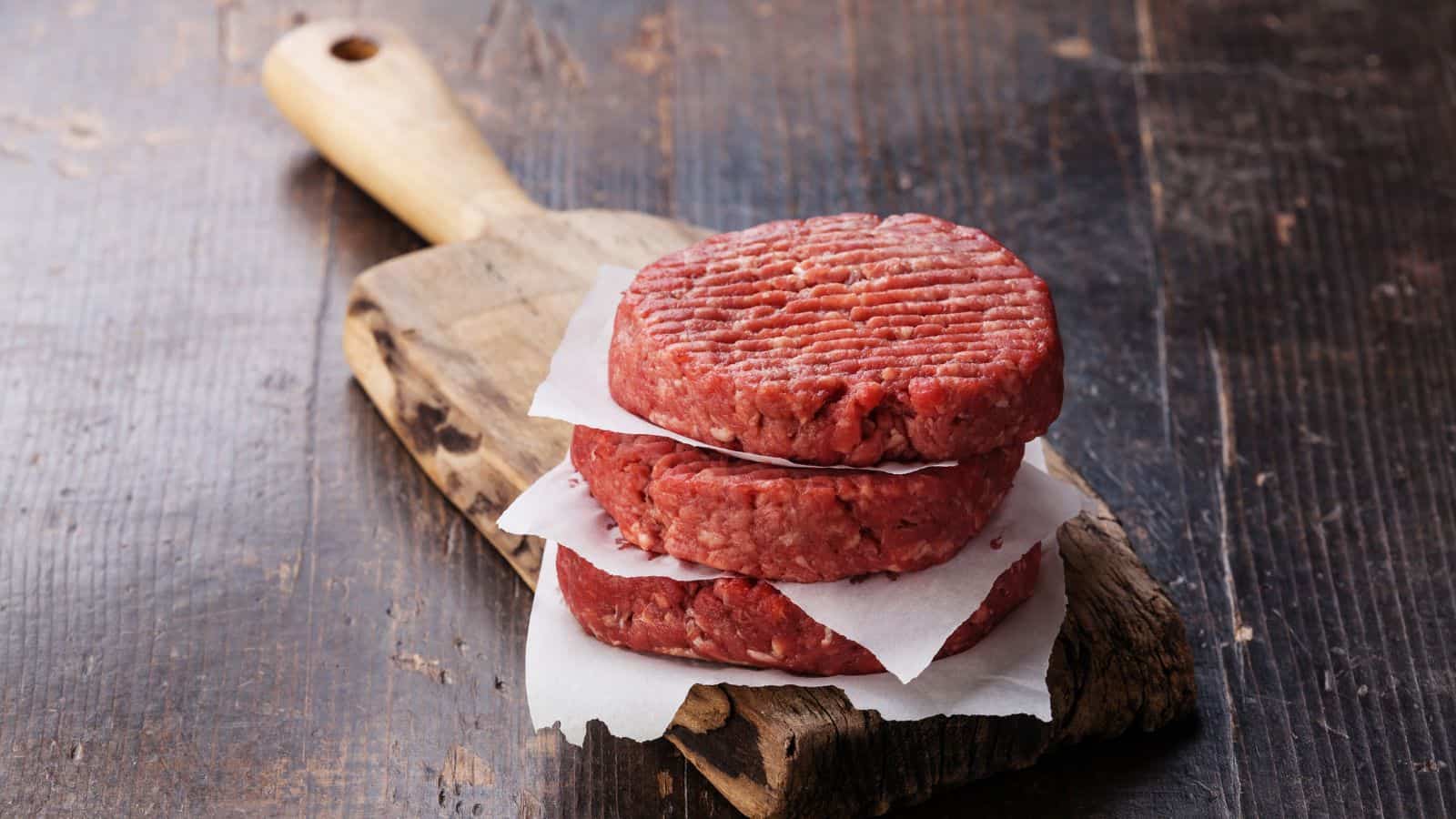
Regenerative medicine professional Joseph Porcellini writes that pre-packaged ground beef has been banned in the EU due to containing “pink slime,” which is a beef by-product containing ammonia. This “pink slime” can contain harmful bacteria that create many health and safety concerns. Ammonia is a chemical that’s also found in cleaning products.
Artificial Dyes
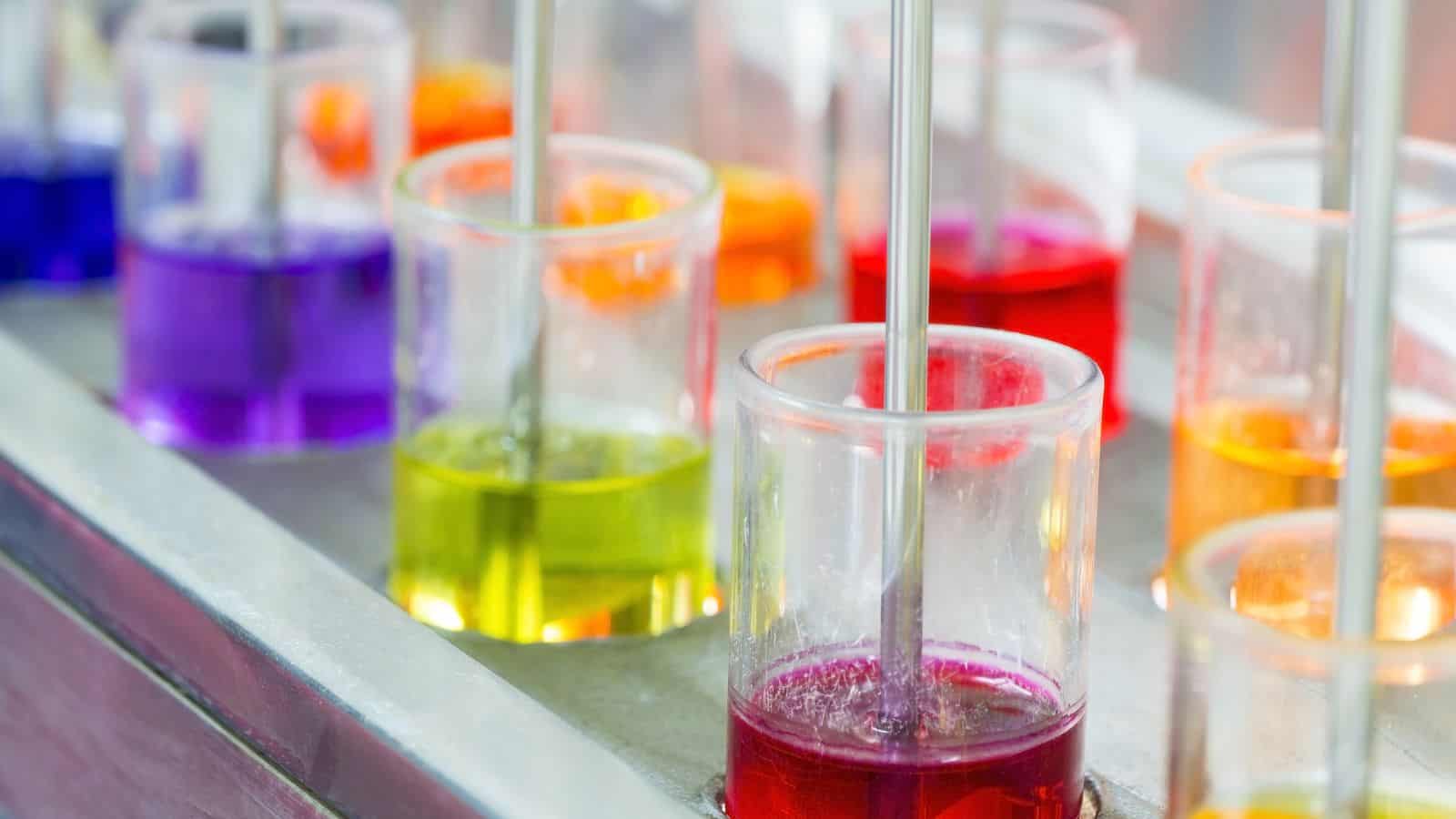
There are many artificial dyes that have been banned in EU countries, such as Blue 1 and Red 40. This is because they can create behavioral issues in young children by leading to hyperactivity. These artificial dyes can also cause common allergic reactions, which can become dangerous.
Up Next: 19 Signs That Say You’ve Officially Entered Old Age

Old age comes for us all, though we do our best to resist it for as long as possible. But aging isn’t only gray hair, wrinkled skin, and yelling at kids to get off your lawn. Here are 19 signs you’ve realized you’re no longer the young stud you once were!
19 SIGNS THAT SAY YOU’VE OFFICIALLY ENTERED OLD AGE
17 Things That Are Too Woke For Boomers

Our society is so different from what it was decades ago, and boomers don’t like much of what everyone considers normal in today’s society. In this light, here are 17 things about ‘woke culture’ that particularly make boomers uncomfortable.
17 THINGS THAT ARE TOO WOKE FOR BOOMERS
17 Things You’re Just Too Old To Be Doing Anymore

The older you get, the more fragile you are physically and mentally, so it’s important to prioritize your well-being every day. Whether you still feel young at 50 or are closer to 80, we’ve compiled 17 things you’re too old to be doing anymore.
